I mentioned before that Islam teaches there are four divine revelations given to humanity from Allah. Those are the Torah, Psalms, Gospel, and the Qur’an. If Muslims are supposed to believe in the Gospel, why don’t they believe that Jesus is God, died, and rose again?
The answer is that although they claim those four books are true, divine revelations from Allah, only the Qur'an has remained free from corruption. The Torah, Psalms and Gospel have become corrupted. They are true insofar as they are properly understood in light of the Qur’an. This is the most common objection you’ll run across when talking to Muslims.
Virtually every Muslim, whether they’re serious about their faith or nominal, believes the Torah, Psalms, and Gospels are corrupted and therefore untrustworthy. This is the most serious objection to Christianity because we get our source material from the Gospel. The Muslim is going to say, “I don’t trust that."
To deal with this objection, I like to use a tactic that incorporates their commitment to the Qur'an to your advantage. I say that although Muslims believe the Torah, Psalms, and Gospel are corrupted, the Qur'an affirms they are trustworthy, reliable, and uncorrupted documents. How do I make this case? I point the Muslim to two teachings in the Qur’an:
1. The Qur'an teaches that no one can change the words of Allah.
2. The Qur’an teaches that the Torah, the Psalms, and the Gospel are examples of the word of God.
If the Qur'an teaches that no one can change the words of God, and the Qur'an also teaches that the Torah, Psalms, and Gospel are the words of God, then by logical deduction, the Torah, Psalms, and Gospel are the unchanged words of God.
Then, we can move that objection off the table and start talking about the Gospel, the true identity of Christ, and what the Gospel’s plan of salvation is.
I use this tactic not as the ultimate way to prove the reliability of the Bible, but rather it’s simply a tool to remove an objection off the table.

Responding to Muslim Claims
Alan Shlemon
More from
Islam



